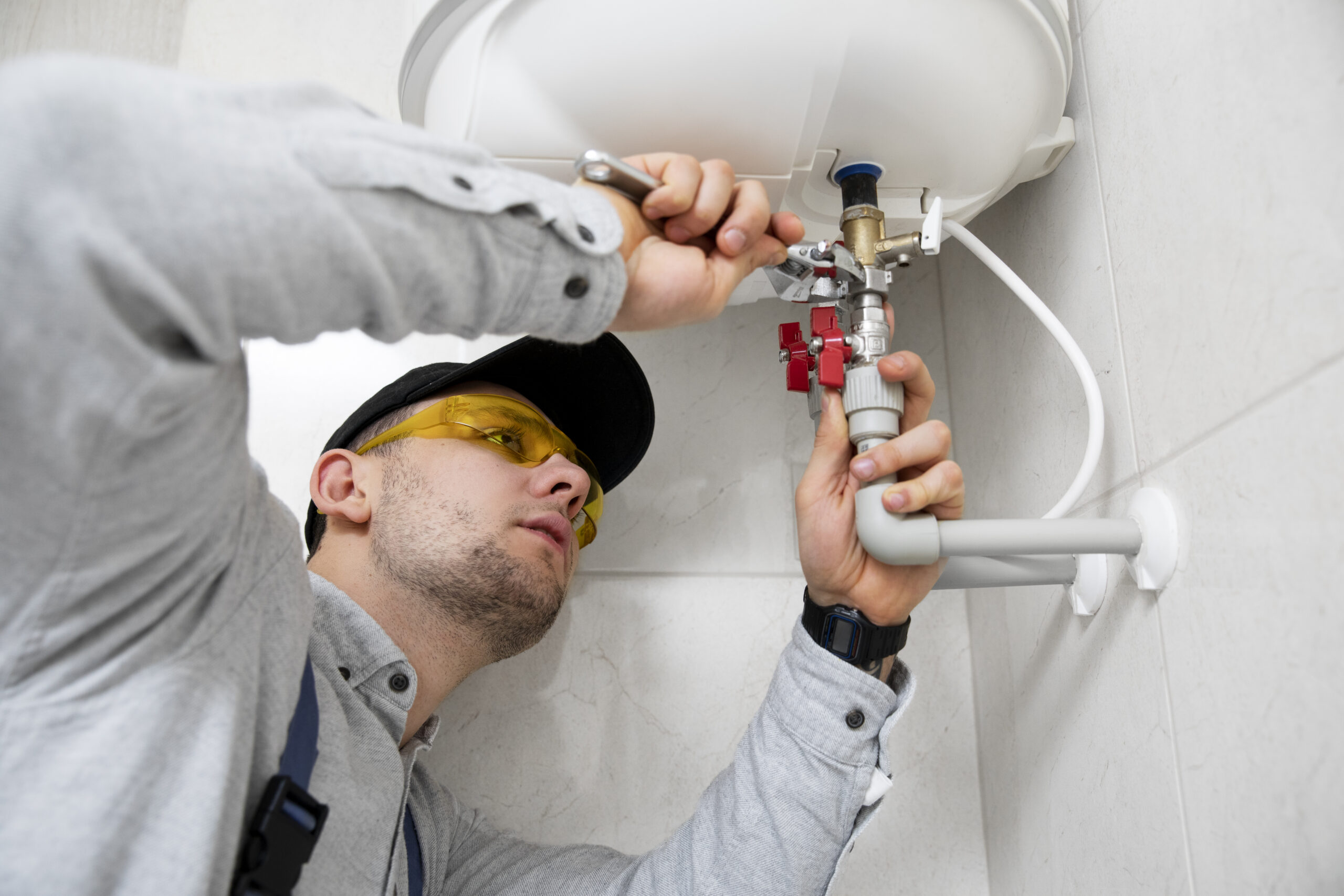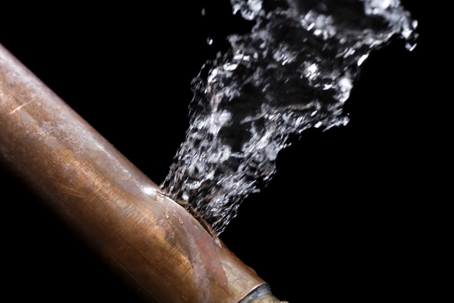Are you currently trying to find help on What to Do During a Plumbing Emergency?

Pipes emergencies can strike at any time, causing stress and possible damages to your home. Whether it's a burst pipe, a clogged up drain, or a leaky tap, recognizing exactly how to manage the situation till an expert plumbing gets here can save you from further difficulties. This short article gives necessary emergency plumbing pointers to assist you mitigate damages and restore control during a pipes dilemma.
Turn Off the Water
The primary step in any pipes emergency is to shut down the water system. For localized concerns, such as a leaking tap or commode, shut off the valve near the component. In the case of a significant leak or ruptured pipe, situate your home's main water shut-off shutoff and turn it off instantly. Knowing the area of these valves ahead of time can save useful time during an emergency.
Turn off Your Hot Water Heater
In certain emergencies, such as a ruptured pipe, it's smart to shut down your water heater. This avoids overheating or damage to the device when water quits flowing. Turn off the power supply to the water heater (electrical or gas) and allow it cool off to stay clear of possible hazards.
Momentarily Quit a Burst Pipe
A burst pipe can result in considerable water damages in mins. To minimize the problem:
Call a specialist plumber right away to resolve the trouble permanently.
Have an Emergency Plumbing Set
Prepare a fundamental plumbing emergency set to take care of minor problems efficiently. Your kit should include:
Having these devices accessible can make a significant difference in your ability to take care of emergency situations.
Unclog Drains Pipes Safely.
A clogged drainpipe can be an irritating and unpleasant problem. Here's how to tackle it:.
If these approaches do not work, avoid making use of too much pressure, as it may intensify the clog.
Manage Overflowing Toilets.
An overruning toilet can create instant disorder. Right here's what you should do:.
Address Tiny Leaks with Momentary Fixes.
Little leakages can quickly end up being substantial problems if left untreated. Use these short-term solutions until expert assistance gets here:.
While these fixes aren't permanent, they can assist lessen water loss and damages.
Handle Frozen Pipeline Very Carefully.
In cooler environments, icy pipes are a common emergency. If you think a frozen pipe:.
Know When to Call an Expert.
While quick fixes can assist briefly, certain plumbing issues require immediate professional focus. Call a plumber if:.
Promptly speaking to a specialist makes sure the problem is fixed correctly and prevents more issues.
Prevent More Damages.
Taking quick activity to reduce damage can conserve you money and time over time. Here's just how:.
Verdict.
Pipes emergency situations can be frustrating, yet with the ideal understanding and tools, you can take care of the circumstance efficiently until aid shows up. By shutting off the water supply, resolving tiny leaks, and using short-lived repairs, you can minimize damages and maintain your home safe. Remember, these pointers are momentary services; constantly speak with a licensed plumbing professional to handle the source of the problem. Prep work and quick reasoning are your finest allies in any pipes emergency situation.
How to Manage a Plumbing Emergency Until Help Arrives
Plumbing emergencies can be stressful, but keeping calm can help minimize damage to your home. Below are steps to handle a plumbing emergency, but always call a plumber for assistance. It’s safest to have a 24/7 emergency plumbing team readily available, so keep their number in your contacts list for easy access.
Shut off the water: Act quickly to turn off the water source during an emergency. For toilets, turn the water valve at the base or behind the commode. For larger emergencies or flooding, turn the main valve in your home clockwise. Turn off the water heater: Prevent damage to your water heater by switching it off after shutting off the main valve. If you have a gas water heater, turn off the gas supply first. Must Open drains and spigots: Even after shutting off the main valve, your pipes may still have water. Reduce potential damage by turning on spigots outside your home and clearing water with the garden hose. Avoid using chemical cleaners during an emergency. Address small leaks: If you find a small leak, use the plumber’s tape or place rags and towels around the pipes to prevent further damage. Inform the plumbers about these leaks upon their arrival. Call for help: Remember to call a plumber as soon as the emergency occurs. An early call can provide initial assistance and help determine if the situation is too dangerous. If professionals or government officials advise you to leave your home during an emergency, listen and prioritize your safety. Plumbing Emergency Examples and Immediate Fixes
Dealing with a plumbing emergency can put enormous stress on homeowners, leaving them uncertain about the steps to take. This detailed guide delivers concise, direct advice for swiftly tackling typical plumbing dilemmas. It includes actionable measures for dealing with everything from burst pipes to toilets that won’t overflow, helping reduce harm and quickly bring back normalcy.
Burst Pipes
Burst pipes result from intense pressure from various causes like freezing temperatures, corrosion, or physical damage that leads to a pipe rupturing.
Solutions:
Immediately shut off the main water supply to halt the flow of water. Drain the remaining water in the system by opening all cold water taps to prevent further damage. For a temporary fix, use a pipe repair clamp or wrap a piece of rubber around the burst section and clamp it tightly with hose clamps. Call a plumber for a permanent fix. Severe Leaks in Faucets or Toilets
Solutions
Locate and close the local shut-off valve to stop the water flow to the leaking fixture. Place a bucket underneath to catch any drips and reduce damage. In the case of a toilet, lift the float in the tank to prevent more water from entering the bowl and turn off the water supply valve. Contact a plumber to address the problem correctly. Leaking Water Heater
Turn off the water supply to the leaking water heater. If it’s electric, switch off the power at the circuit breaker; if it’s gas-powered, turn off the gas valve. Avoid attempting to repair yourself, as this may involve significant danger and complexity. Seek the assistance of a professional plumber who can provide a safe and appropriate resolution. https://www.showtimeplumbingllc.co/expert-tips-for-managing-a-plumbing-emergency-until-help-arrives

I came across that blog post about What to Do During a Plumbing Emergency while doing a search on the search engines. Are you aware of another individual who is inquisitive about the niche? Feel free to promote it. Thanks a lot for your time. Don't hesitate to come by our site back soon.
Click Here